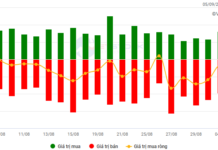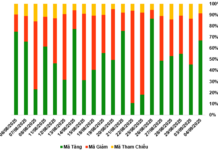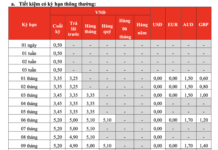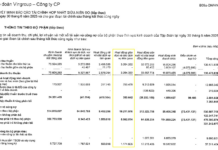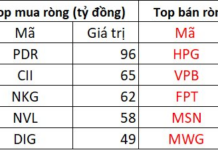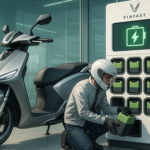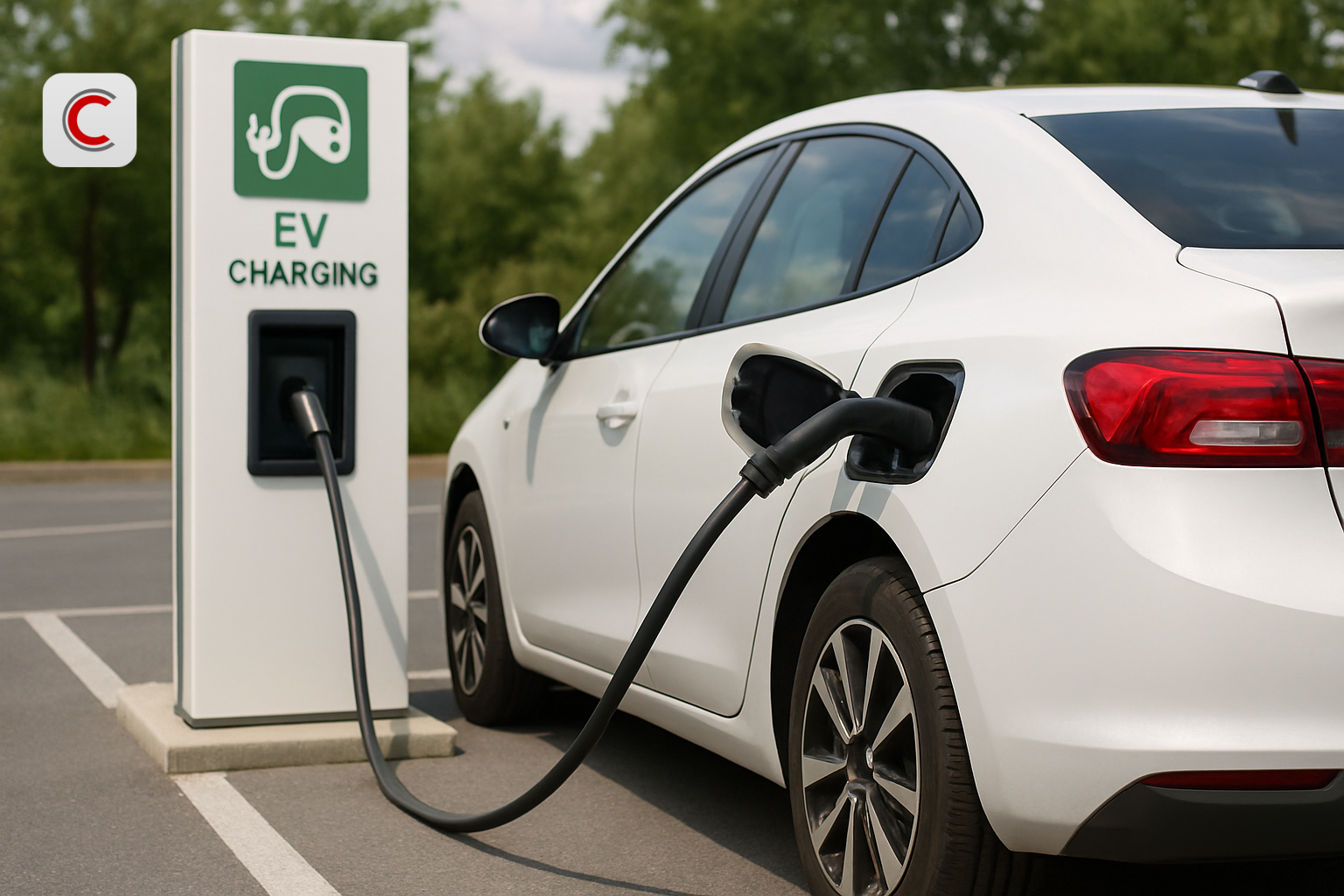
Illustration created by AI
Electric Vehicle Charging Station Electricity Rates Proposed at VND 4,298 per kWh
The Ministry of Industry and Trade has recently finalized a draft circular on the implementation of electricity sale prices. Regarding electricity retail prices for vehicle charging, the Ministry proposed two options:
Option 1: Apply electricity retail prices for charging stations/poles for electric vehicles, including electric buses, and require the installation of separate electricity meters. In the case of household electric vehicle charging with a signed residential electricity contract, the residential electricity price will be applied to the total electricity consumption.
Option 2: Specify electricity prices for two cases with and without a meter. If there is no separate meter for electric vehicle charging, the current electricity sale and purchase contract price will be applied. If there is a separate meter, the electricity retail price according to the purpose of use will be applied.
Providing feedback on the draft, EVN and several general power corporations suggested that charging stations/poles must be equipped with separate meters (except for household charging poles with residential electricity contracts) due to high power consumption, which can impact the power system during peak hours.
However, Ho Chi Minh City Power Corporation (EVN HCMC) argued that it is not necessary to install separate meters for charging stations/poles (for example, cafes or restaurants with charging poles can apply the business electricity price for total electricity consumption without the need for a separate meter).
Considering the feedback, the Ministry of Industry and Trade proposed two options for further discussion as this is a new form of electricity usage with diverse possibilities, including home charging, public charging, charging at commercial centers, parking lots, administrative agencies, and enterprise campuses.
In May, the Prime Minister issued Decision 14 on the structure of electricity retail prices. This decision includes a separate price table for electric vehicle charging stations, ranging from 71% to 195% of the average electricity retail price.
With the current average electricity retail price of VND 2,204.0655 per kWh, excluding value-added tax, the electricity price for charging stations/poles will range from 71% (approximately VND 1,565 per kWh) to 195% (VND 4,298 per kWh).
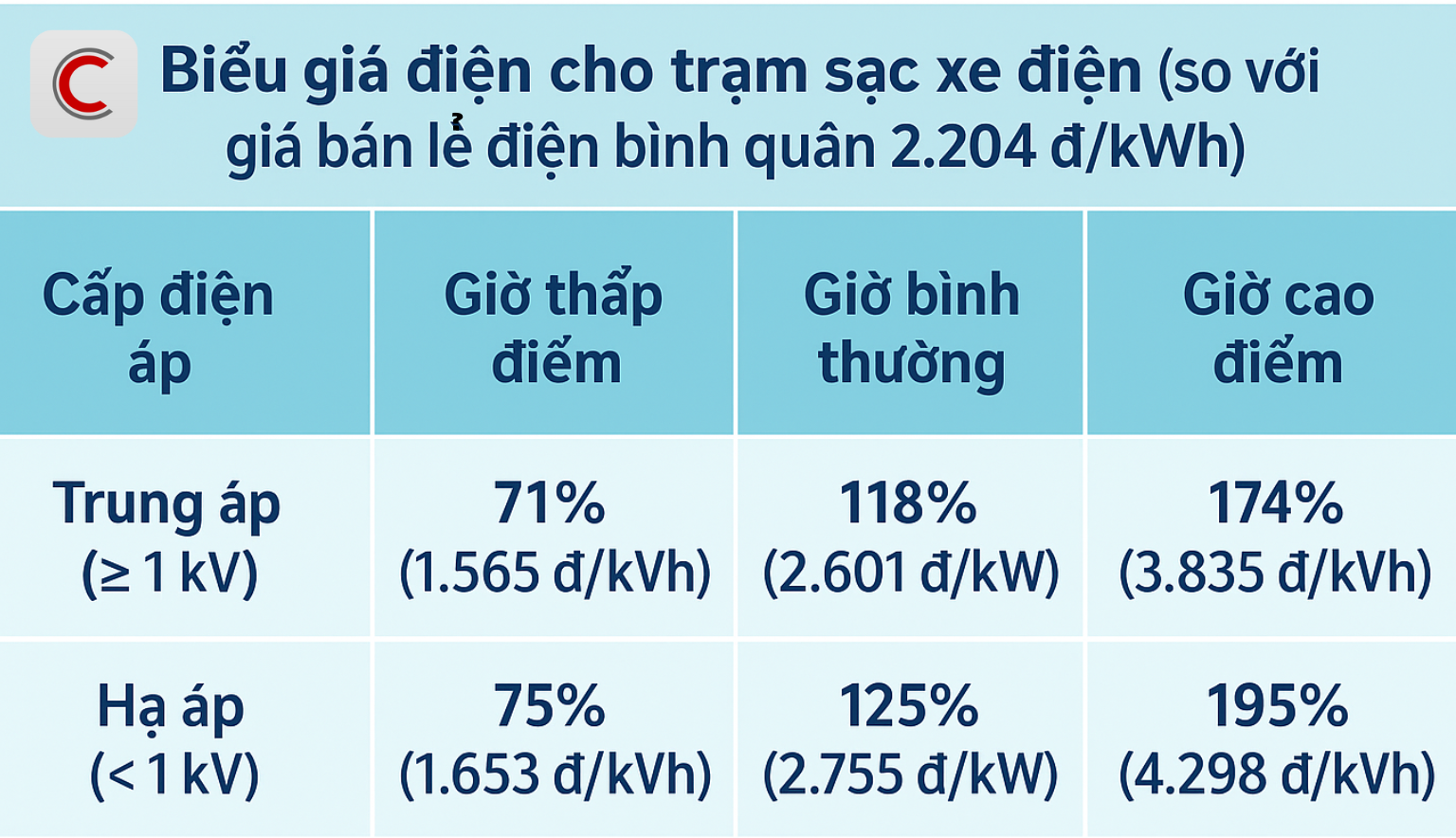
What about Vingroup’s 150,000 Charging Stations?
In 2024, Mr. Pham Nhat Vuong established V-GREEN to implement a franchised charging station model, partnering with landowners such as parking lots, cafes, supermarkets, and hotels. The expected goal is to serve 300,000 electric cars and 1 million electric motorcycles by 2025.
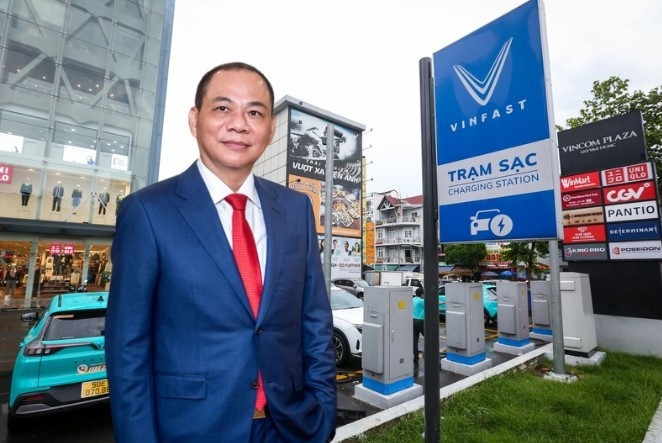
At V-GREEN’s franchised charging stations, the company commits to sharing a fixed revenue of VND 750 per kWh of electricity charged with partners for a minimum of 10 years and compensating station owners if the company stops operating before the agreed period.
The company pledges to invest VND 10,000 billion in the next two years to build, upgrade, and complete the electric vehicle charging station system, aiming for 150,000 charging ports nationwide.
As of October 2024, EBOOST has over 1,500 charging points across Vietnam.
PV Power is currently piloting a project for electric vehicle charging stations, targeting to build about 1,000 stations nationwide by 2035 in collaboration with EN Technologies from South Korea.
EverCharge has approximately 19 charging points, while EV One has 24 charging points in the North, Central, and South regions as of last year.
With the new electricity prices (up to 174% for medium voltage and 195% for low voltage during peak hours), the operating costs for charging stations are expected to increase significantly compared to the previous rates.
Electric Buses by VinFast: Europe’s Next Sustainable Transit Solution
VinFast, a leading automotive manufacturer, has unveiled its latest initiative to revolutionize green transportation and strengthen its presence in the European market. With a strong commitment to sustainability and innovation, VinFast aims to deliver an exceptional driving experience while contributing to a greener future.
The Power of Electric: Unveiling Two Revolutionary Retail Electricity Plans for Electric Vehicle Charging
The Ministry of Industry and Trade has proposed two options for electricity retail prices for electric vehicle charging. In a move to encourage the adoption of electric vehicles, the proposal suggests that cafes and other businesses offering electric vehicle charging stations may need to install separate electricity meters.
“VinFast Unveils Revolutionary Swappable Battery Electric Motorcycle: 150,000 Nationwide Swap Stations Promised”
On August 21, 2025, VinFast made a groundbreaking announcement: a nationwide expansion of its special green conversion policy to all 34 provinces and cities, along with the rollout of 150,000 electric motorcycle battery exchange stations and the launch of new electric motorcycle models with a battery swap feature.
The Great Hanoi Vehicle Inspection: A Comprehensive Review of Gas and Petrol-Powered Automobiles
The Hanoi authorities have instructed 126 communes and wards to survey and identify potential land plots for the installation of charging stations catering to clean energy vehicles. This initiative involves the comprehensive survey and data collection of the current gasoline, diesel, and electric car and motorbike fleet, facilitating a seamless transition to cleaner transportation options.

